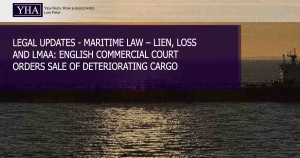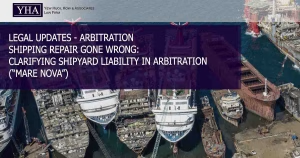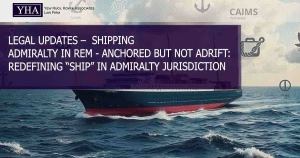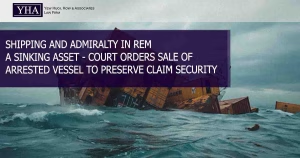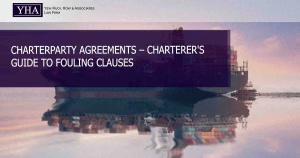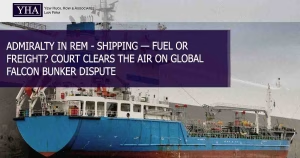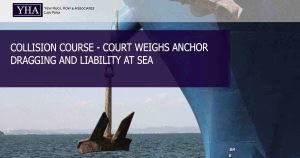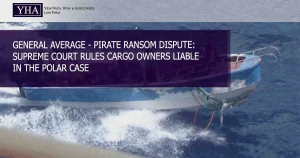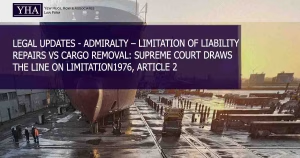
ADMIRALTY – LIMITATION OF LIABILITY – REPAIRS VS CARGO REMOVAL: SUPREME COURT DRAWS THE LINE ON LIMITATION1976, ARTICLE 2
In MSC Mediterranean Shipping Co SA v Conti 11 Container Schiffahrts-GmbH & Co KG (The “MSC Flaminia”) [2025] 2 Lloyd’s Rep 150, the UK Supreme Court clarified the scope of the 1976 Limitation Convention. The Court held that charterers may limit liability for claims brought directly by owners, rejecting the Court of Appeal’s restrictive “owner’s original loss” rule. However, it reaffirmed that claims for loss of or damage to the vessel itself and consequential losses remain non-limitable. Importantly, the Court drew a distinction between repair costs (not limitable) and cargo-related costs (potentially limitable): while payments to authorities, removal of fire-fighting water, and waste disposal were treated as repair costs, the discharging and decontamination of cargo fell within Article 2.1(e) as limitable claims. The ruling underscores the need for careful characterisation of claims when invoking limitation rights.

